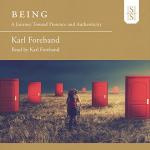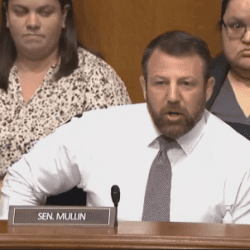
This may be totally the wrong time to post this thought, but please understand that these are just my thoughts. As I have them, I try to share them. I have no delusions that I’m right about everything, but I do try to the think reasonably as I go deeper. I endeavor not to be bound by traditional wisdom, even though I always consider it.
It is well know that gratitude (aka thankfulness) is highly beneficial. Not only do we get to enjoy a feast after being thankful (at least in the U.S.), but there are some well-known benefits to this simple emotion. A quick google search will reveal that gratefulness can boost our happiness and reduce anxiety and, possibly, even make us healthier. It encourages self-care and may lead us to a kinder, gentler world. The list is long and generally optimistic.
I recently experienced some deep gratitude for the place I live. Even though it is a small town with limited options, and many around us disagree philosophically, religiously and politically, it still has many benefits. I can realistically step out my back door and experience something many people drive hundreds of miles to see. A quiet, peaceful meditative location in the backyard that I have immediate access to. Part of this is reality and part of it is what I have come to believe about it — it has the same effect either way. And, I am grateful to live where I live.
As I have become more contemplative, I have naturally become more grateful. Religion and Spirituality generally teach about thankfulness and gratitude. I am thankful that I learned these lessons and that it provided a framework for understanding these principles. But, I have also come to understand that there are some pitfalls to gratitude that seem to be quite common.
As I have stated before, people generally become uncomfortable when we share our grief with them. For example, someone has a miscarriage and we uncomfortably blurt out, “Well, at least, you can be thankful that you already have two great kids.” Even though these statements might initially help the comforter, they bypass the real issue and even cause pain for the hurting mother or father. They do feel grateful for their other children, but that doesn’t dismiss the fact that right now they are in pain for the loss and they need to feel it. Bypassing it only creates shadow and keeps them from healing and growing. A more appropriate encouragement might simply be to be present with them and have compassion for them, possibly without saying anything.
The appeal for gratefulness can be poorly timed, wrongly motivated and may direct us away from other emotions that we need to feel. We may find gratefulness down the road, but right now we may need other direction. Sometimes people need to grieve, or struggle for a time, or just to search for better answers.
I believe in gratefulness and contentment, but I also understand that they don’t fix everything. Just like it’s important to enumerate what we are thankful for, it is also important to grieve the Native Americans that we mistreated and abused when this country was just starting. It may be totally worth the time to make space for our hurts during the holidays and not just put on a happy, holiday face that “counts our blessings.”
I try to live a life of gratitude, but the balance to the other side of the scales is that I try not to ignore anything that is painful. As my life matures, and as I sit with those painful emotions, I find healing and growth and more hope for the future. For these things, I am also grateful.
Be where you are, be who you are,
Karl Forehand

















